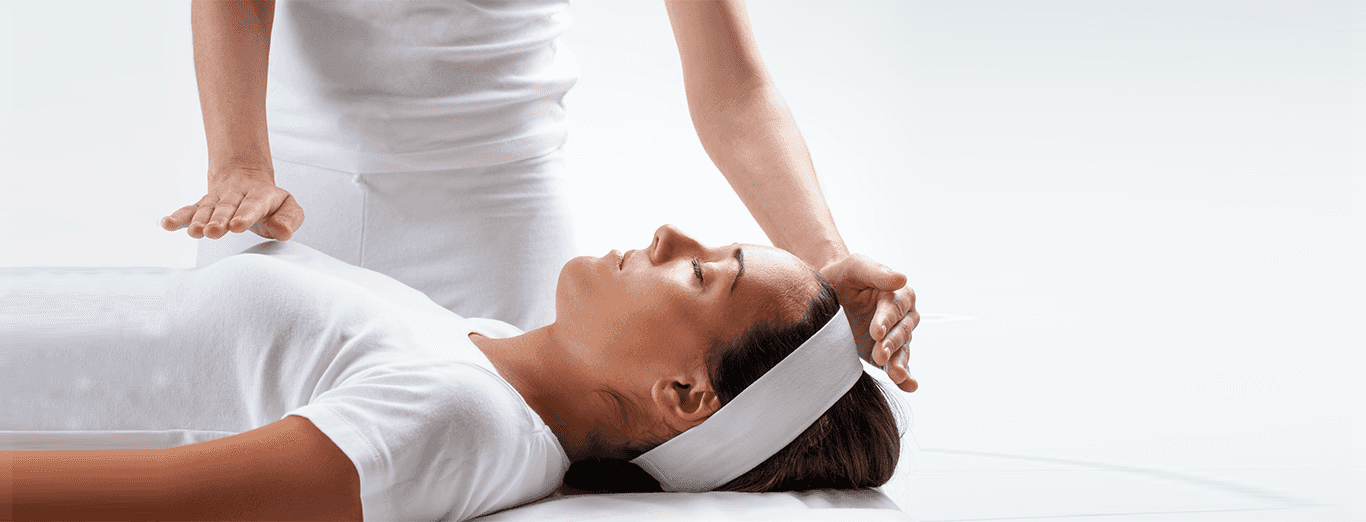
physiotherapy benefits in the fight against cardiac disease


what are cardiac diseases?
The range of conditions that affect our cardiovascular health and system comprising of the heart, blood vessels, and the arteries are collectively known as cardiac diseases. Some of these include coronary artery disease, arrhythmia, congenital heart defects, heart attack, heart failure, deep-vein thrombosis, rheumatic heart disease, etc.
It is critical to treat these cardiac diseases with the right medical treatment, psychosocial health, and most importantly lifestyle changes that include exercise training and physical activity to avoid them becoming progressive. If left untreated, cardiac diseases have a potential of proving fatal.
how does physiotherapy help in the management of cardiac diseases?
Physiotherapy, also referred to as cardiac rehabilitation, has proved to be a fundamental and critical intervention in not only the management but also the prevention of cardiac diseases. Some important benefits of cardiac physiotherapy include:
- Studies have proved that physiotherapy helps in containing the extent of damage that cardiac diseases can progressively continue to do in the absence of such a programme.
- They strengthen the heart after cardiac disease.
- Physiotherapy helps in relieving other risk factors like high blood pressure, high cholesterol, etc.
- It helps in managing painful symptoms like chest pain, breathlessness, etc.
- It helps in improving health and quality of life by not only making the patient more independent and agile but also in managing the psychosocial health and alleviation of stress.
- It helps in reducing the length of hospital stay and readmissions.
- It helps in supporting self-management and return to the work capacity of the patient.
- Since a large number of patients with cardiac diseases also suffer from co-morbid conditions like arthritis, back pain, diabetes, etc., physiotherapy is known to alleviate the symptoms of these conditions also.
- Overall, physiotherapy has proved to be critical in reducing mortality and improving the outlook of cardiac diseases.
what are the phases of cardiac rehabilitation?
Leading a healthy lifestyle that includes an active exercise routine prevents the onset of cardiac diseases. It helps by lowering blood pressure, reducing cholesterol, and promoting healthy heart habits.
In the eventuality of a cardiac problem, physiotherapy helps in various stages of cardiac health management. These include:
- Phase I: This occurs in the hospital immediately after surgery, at times from the first day after the surgery. In physiotherapy treatment after cardiac surgery, the patient is taught some gentle exercises and do’s and don’ts to follow.
- Phase II: This happens when the patient is discharged from the hospital and when she/he follows the exercise regime at home. Depending on the condition of the patient, this phase usually runs for 6-8 weeks.
- Phase III: People who have undergone cardiac procedures are required to follow an exercise regime for the rest of their lives to avoid letting the disease progress and maintaining good heart health.
what are the types of exercises that help?
Cardiovascular problem is serious and while it is critical to undergo a physiotherapy treatment, it is even more important to consult your doctor and a trained physiotherapist before you begin any kind of exercise regime. This is imperative for this routine to alleviate the symptoms and progression of the disease instead of causing any risk to the patient.
These kinds of exercises are known to help:
- Flexibility exercises: These exercises serve as a great warm-up routine before and after starting the regime to prevent injuries or strain. Flexibility exercises help in achieving a better balance, range of motion, and better joint movement.
- Aerobic exercises: Forming an important part of physiotherapy for cardiac patients, these exercises have the most impact on the health of your heart. Some cardio exercises include brisk walking, biking, low-impact water aerobics, slow jogging, etc. The benefits of these include better breathing, lower blood pressure, and optimum heart rate.
- Strength training: This helps in building stronger muscles and bones, and reducing excessive weight that has an immediate impact on cardiac health. Strength training includes lifting weights, using resistance bands, and exercise machines.
what is the role of a physiotherapist in managing cardiac diseases?
Physiotherapists play a critical role in cardiac rehabilitation in helping a patient return to her/his optimum heart health. The therapist that you choose to work with should be trained, professional, and experienced.
this is how a physiotherapist plays an important role:
- She/he will conduct a thorough assessment of your condition based on your medical reports, age, and general health and develop a customised physiotherapy plan for you. Since the exercise plan is specific to you, it will help you in healing faster and remaining healthy for a long time.
- The therapist will develop a goal-based therapy programme with achievable goals instead of an open-ended programme.
- She/ he will make your familiar with the exercise routine and assess your comfortability levels with each type of exercise.
- The therapist will inculcate the best exercising practices like warming up and cooling down before and after the exercise to let you have the maximum benefits.
- The therapist will manage risk factors depending on the severity of your cardiac condition, which is difficult to do in the case of a self-developed exercise programme.
- The therapist, in addition to the exercise plan, will also advice you on managing your lifestyle better including your posture, diet, and stress management. This leads to a positive disposition and overall wellness.
- Having a therapist take care of your exercise regime relieves the caregivers of the patients. It also helps in benefitting from a more professional approach of cardiac rehabilitation, in which the caregivers may or may not be trained.
References
Doctor Consultation
Nursing
Physiotherapy
Trained Attendant
Elder Care
Mother & Baby Care
Lab Tests
Medical Equipment
Speciality Pharma
Critical Care






